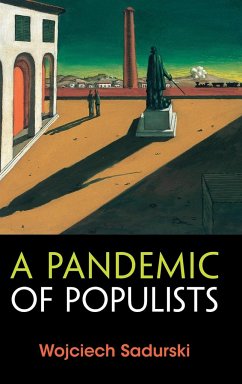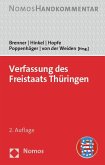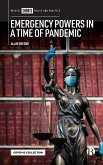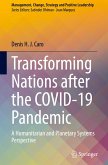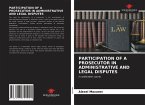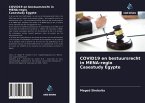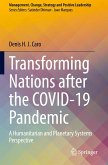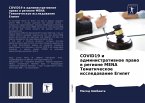Over the last decade, the world has watched in shock as populists swept to power in free elections. From Manila to Warsaw, Brasilia to Budapest, the populist tide has shattered illusions of an inexorable march to liberal democracy. Eschewing simplistic notions of a unified global populism, this book unpacks the diversity and plurality of populisms. It highlights the variety of constitutional and extraconstitutional strategies that populists have used to undermine the institutional fabric of liberal democracy and investigates how ruling populists responded to the Covid-19 crisis. Outlining the rise of populisms and their governing styles, Wojciech Sadurski focuses on what populists in power do, rather than what they say. Confronting one of the most pressing concerns of international politics, this book offers a vibrant, contemporary account of modern populisms and, significantly, considers what we can do to fight back.

